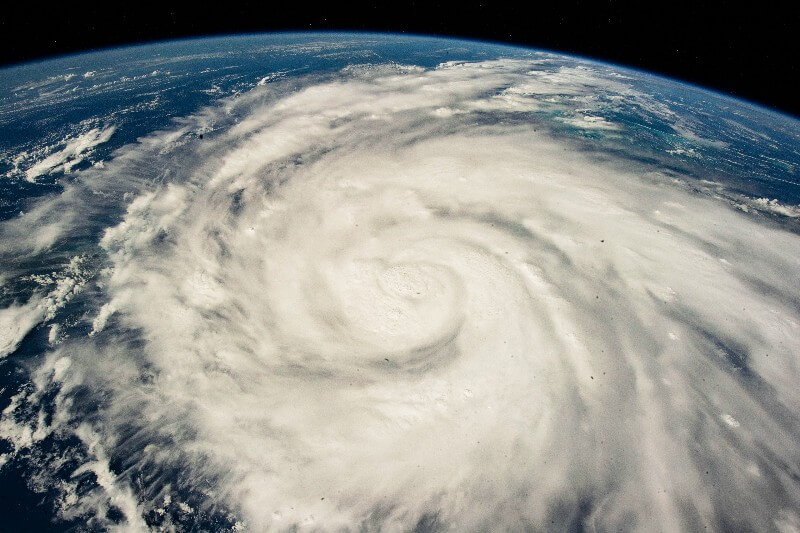A new report published in BioScience warns that the world is facing a climate emergency of unprecedented magnitude. The “2024 State of the Climate Report,” by an international team of scientists led by Oregon State University’s William Ripple and Christopher Wolf, presents alarming evidence that climate change is worsening at a dangerous pace.
In the report, the authors update 35 annually reported “planetary vital signs,” which provide ongoing timeseries of human climate-related activities and climate responses. Among the authors’ key findings:
- Record-breaking temperatures and sea levels in 2023
- Annual energy-related emissions exceeding 40 gigatons of carbon dioxide equivalent for the first time on record.
- Accelerating loss of ice sheets and glaciers
- Rising frequency of billion-dollar climate-related disasters
The authors state: “We are on the brink of an irreversible climate disaster. This is a global emergency beyond any doubt. Much of the very fabric of life on Earth is imperiled.” The report highlights several climate “tipping points” and feedback loops that could trigger catastrophic changes, including the collapse of major ice sheets and widespread forest dieback. The authors also discuss emerging threats such as Arctic rivers turned orange by toxic metals, an effect that coincides with permafrost thaw.
“We are stepping into a critical and unpredictable new phase of the climate crisis,” the scientists warn. They emphasize that current policies have placed Earth track for approximately 2.7 degrees Celsius of warming by 2100, far exceeding the internationally agreed limit of 1.5°C.
“We’re already in the midst of abrupt climate upheaval, which jeopardizes life on Earth like nothing humans have ever seen,” added William Ripple. “For example, Hurricane Helene caused more than 200 deaths in the southeastern United States and massive flooding in a North Carolina mountain area thought to be a safe haven from climate change.”
The authors call for urgent action, including:
- Implement a global carbon price that could limit emissions by the wealthy while potentially providing funding for further climate action.
- Enhance energy efficiency and conservation while replacing fossil fuels with low-carbon renewables.
- Curb emissions of greenhouse gases, including those categorized as short-term pollutants such as methane.
- Protect and restore biodiverse ecosystems, which play key roles in carbon cycling and storage.
- Encourage a shift toward eating habits that emphasize plant-based foods.
- Promote sustainable ecological economics and greatly reduce overconsumption and waste by the wealthy.
- Integrate climate change education into global curriculums to boost awareness, literacy and action.
“The future of humanity hangs in the balance,” the report concludes. “Only through decisive action can we safeguard the natural world, avert profound human suffering, and ensure that future generations inherit the livable world they deserve.”


